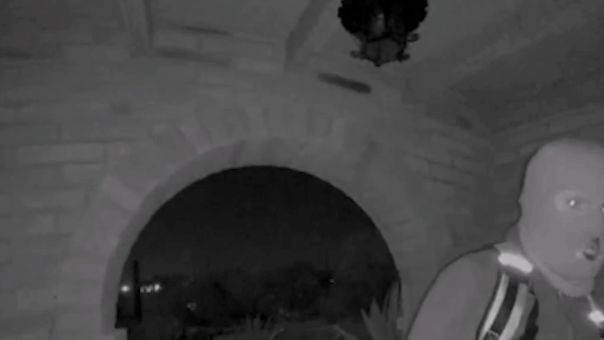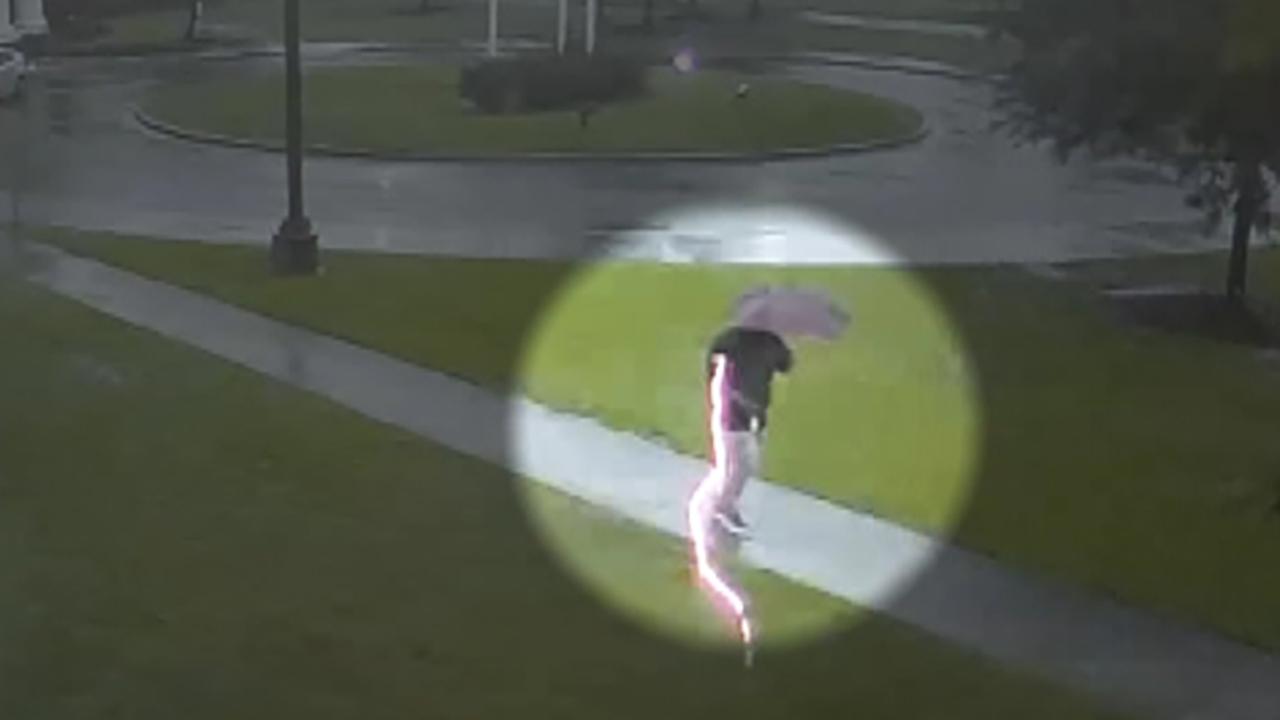Lightning strikes in these U.S. states the most
These top U.S. states that have experienced the most lighting strikes in 2018.
A runner was struck and killed by lightning during an event at a park in southeast Kansas on Saturday as storms were reported in the area.
The Montgomery County Sheriff's Office said the incident took place in Elk City State Park near the town of Independence, located about 116 miles southeast of Wichita.
Elk City State Park officials confirmed to FOX23 a runner was fatally struck at the park in Montgomery County, Kan.
NORWEGIAN RUNNER STRUCK, KILLED BY LIGHTNING DURING ULTRAMARATHON IN ITALY, OFFICIALS SAY
The Montgomery County Chronicle reported the runner was participating in an event at the park when they were struck by lightning and died as of result of their injuries. Officials told KAKE they will release additional information on Monday after they notify family members of the person who died.
The National Weather Service Wichita had warned that the region was under the threat for another round of showers and storms on Saturday morning, with some likely to be strong or severe.
The region where the deadly lightning strike took place was under the greatest threat for severe weather, according to forecasters.
TOILET EXPLODES IN FLORIDA HOME AFTER LIGHTNING STRIKES SEPTIC TANK
The incident was the first lightning fatality in Kansas since 2012, according to data from the National Weather Service. The death marked the 19th lighting fatality in the U.S. this year, according to the NWS.
Lightning typically strikes tall objects such as trees and skyscrapers because their tops are closer to the base of the storm cloud, according to The National Severe Storms Laboratory.
"However, this does not always mean tall objects will be struck. It all depends on where the charges accumulate," according to the agency. "Lightning can strike the ground in an open field even if the tree line is close by.
CLICK HERE FOR THE FOX NEWS APP
Lightning known as a "bolt from the blue" can also strike from as far away as 25 miles away from a thunderstorm cloud, even when there appear to be clear skies, according to the NSSL.
"They can be especially dangerous because they appear to come from clear blue sky," the agency states.











































